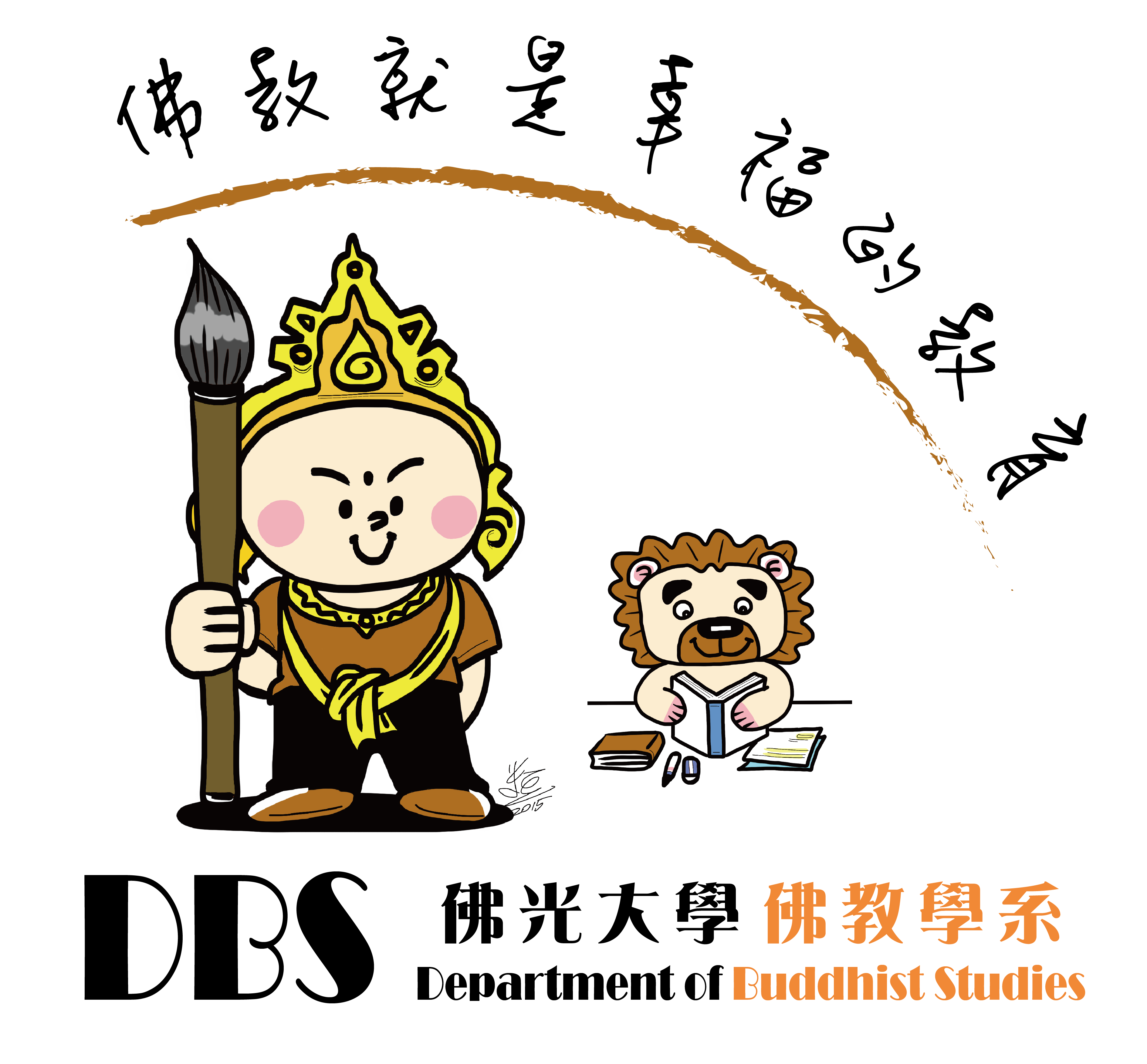Fo Guang University held its 2025 (Year 114 of the ROC calendar) commencement ceremony on June 7, celebrating the graduation of eight PhD students. Among them were Venerable Hong Shun, Cheng Mei-Mei, Chang Kuan-Ting, Venerable Zhi Ru, Chang Wen-Ting, Venerable Jian Xin, Venerable Hui Fa from the Department of Buddhist Studies, and Venerable Fa Ru from the Department of Chinese Literature and Applied Studies.
During the ceremony, Fo Guang Shan Chairperson Venerable Chih Hui took commemorative photos with the doctoral graduates. Professor Midori Nishino, a research fellow at Taisho University’s Institute of Comprehensive Buddhist Studies in Japan and former visiting scholar at the Department of Buddhist Studies, traveled a long way to extend her blessings.
Graduate Cheng Mei-Mei expressed heartfelt gratitude to Fo Guang Shan’s founder, Venerable Master Hsing Yun, for establishing the Department of Buddhist Studies; to all her teachers for their guidance; to the “One Million People for Education” donors for their continued support; and to Professor Chen Yi-Biao for mentoring her through this remarkable academic journey.
Venerable Jian Xin reflected on his PhD journey as a night walk along a mountain path—dark and rugged—but illuminated by his alma mater like a lamp and his mentors like torches. He vowed to apply what he has learned for the benefit of all beings. “If I should ever shine, may my alma mater be proud of me, just as I am proud of it today.”
Venerable Hui Fa recited a poem in gratitude:
"My alma mater nurtured my aspirations soaring like the kunpeng. Though the path ahead is long, I shall repay this nurturing light with a humble heart."
He expressed deep appreciation for Venerable Master Hsing Yun and Professor Wan Jin-Chuan’s guidance.
Venerable Zhi Ru also thanked Fo Guang University, calling it the cradle of his academic journey. He credited Professor Wan Jin-Chuan for broadening his academic perspective and helping him find his research direction, pledging to give back through Buddhist education and scholarship.
Venerable Hong Shun acknowledged Fo Guang University's merits in character and academic cultivation, saying he hopes to apply what he has learned to Buddhist education.
Chang Wen-Ting offered a poetic tribute:
"The university lights the path of Dharma study; mentors pass on the torch of wisdom. May I use my learning to stand firm and benefit all beings."
Chang Kuan-Ting stated, “Thank you to my professors and classmates for accompanying me through the challenges of PhD life and life’s ups and downs. Today, I am proud of my alma mater and hope it will one day be proud of me too.”
Venerable Fa Ru, previously a graduate of the master’s program in Buddhist Studies, also received her doctorate this year from the Department of Chinese Literature and Applied Studies.
Professor Chen Yi-Biao, in an interview, emphasized that the founding of the Department of Buddhist Studies stemmed from Venerable Master Hsing Yun’s compassionate vision, aiming to cultivate academically grounded talents for Chinese Buddhism. The PhD training is rigorous, involving deep Buddhist theoretical research and foundational language skills in Japanese, English, Sanskrit, and even Tibetan. Each doctoral graduate typically spends over five years in their research.
Professor Chen highlighted Cheng Mei-Mei’s journey as especially meaningful—she was among the first undergraduates of the Buddhist Studies Department and completed her BA, MA, and PhD over 15 years under his mentorship. “Education is not a fast-track endeavor—it requires long-term nurturing and cultivation,” he noted, expressing gratitude to Venerable Master Hsing Yun and the “One Million People for Education” committee for their steadfast support.
To ensure the continuation of Buddhist education, Professor Chen also shared that in recent years he has gradually passed on the responsibility of teaching language courses to the younger generation of scholars—entrusting them with Japanese and Sanskrit instruction—so that the spirit of the Buddhist Studies Department continues across generations. Humbly, he added, “I only hope that throughout this journey, I have lived up to the expectations and trust placed in me by Master Hsing Yun.”






 College and Department of Buddhist Studies, FGU
College and Department of Buddhist Studies, FGU

















